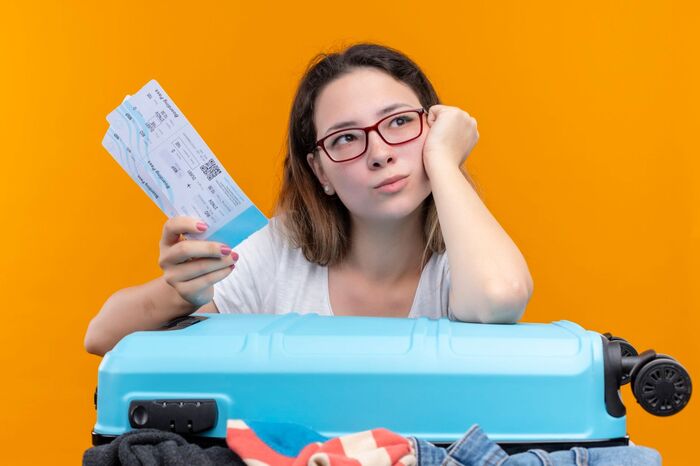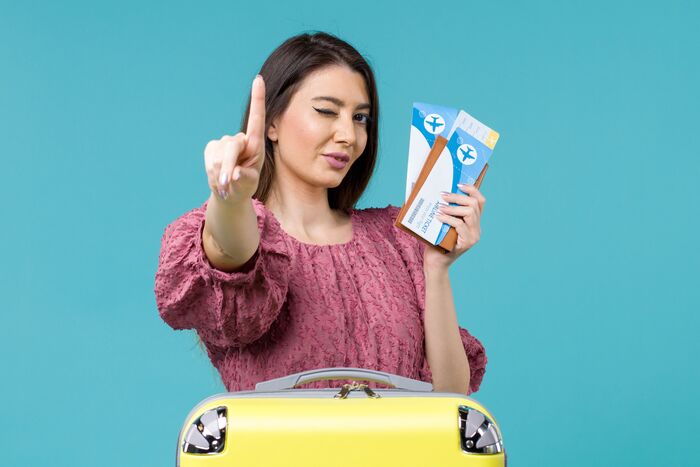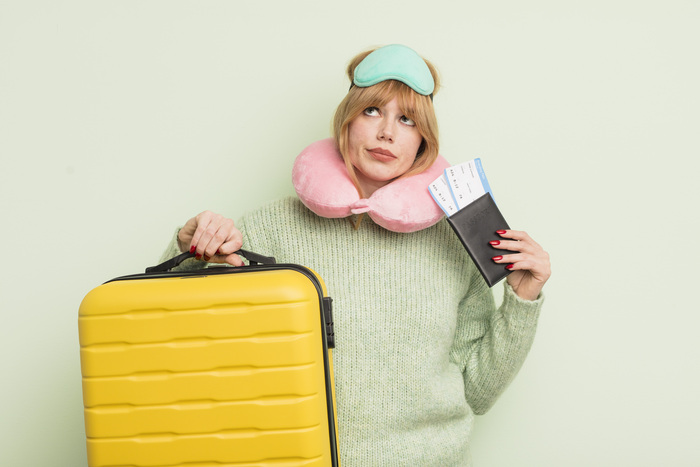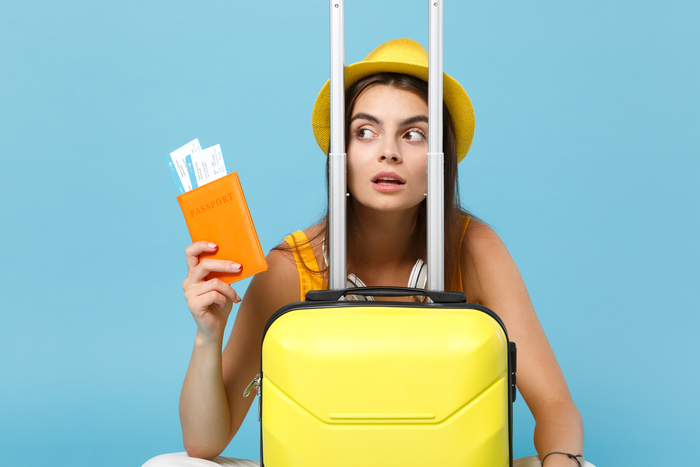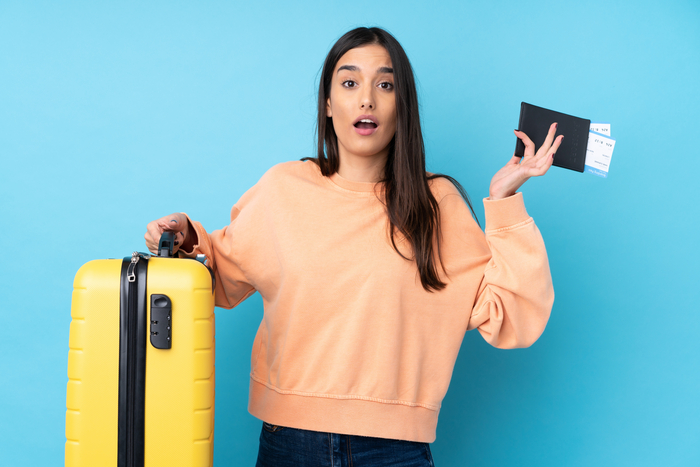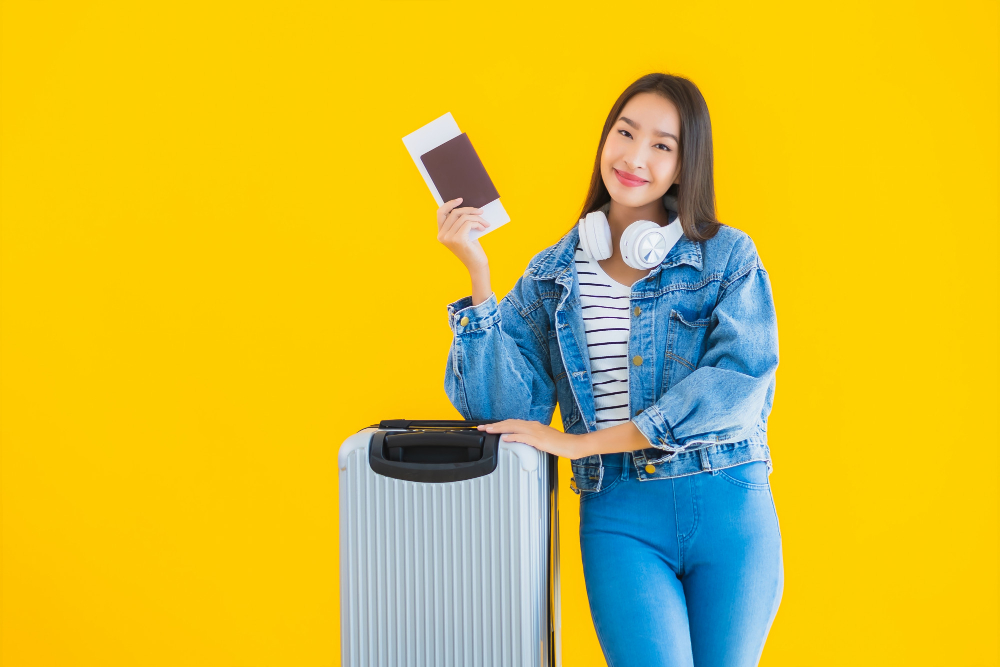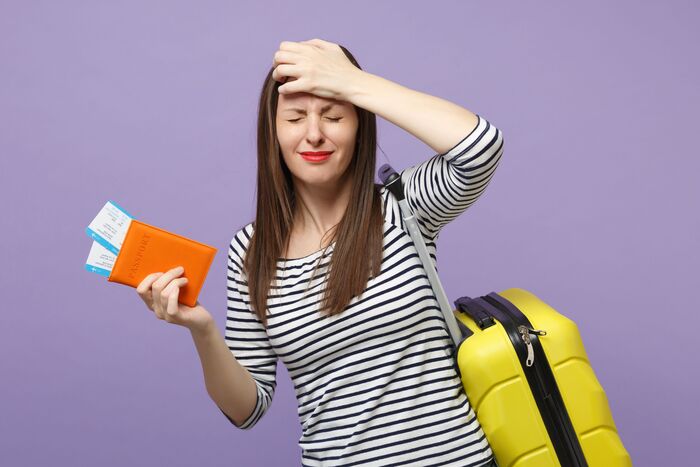Korean Etiquette for Foreign Visitor
Korea is a captivating country where tradition and modernity blend harmoniously, attracting many international tourists each year.
However, cultural norms and etiquette can vary significantly from one country to another.
For foreigners visiting Korea, understanding basic Korean etiquette is essential for smooth communication and an enjoyable trip.
This guide introduces essential etiquette practices to know before traveling to Korea.
1. Greetings and Honorifics
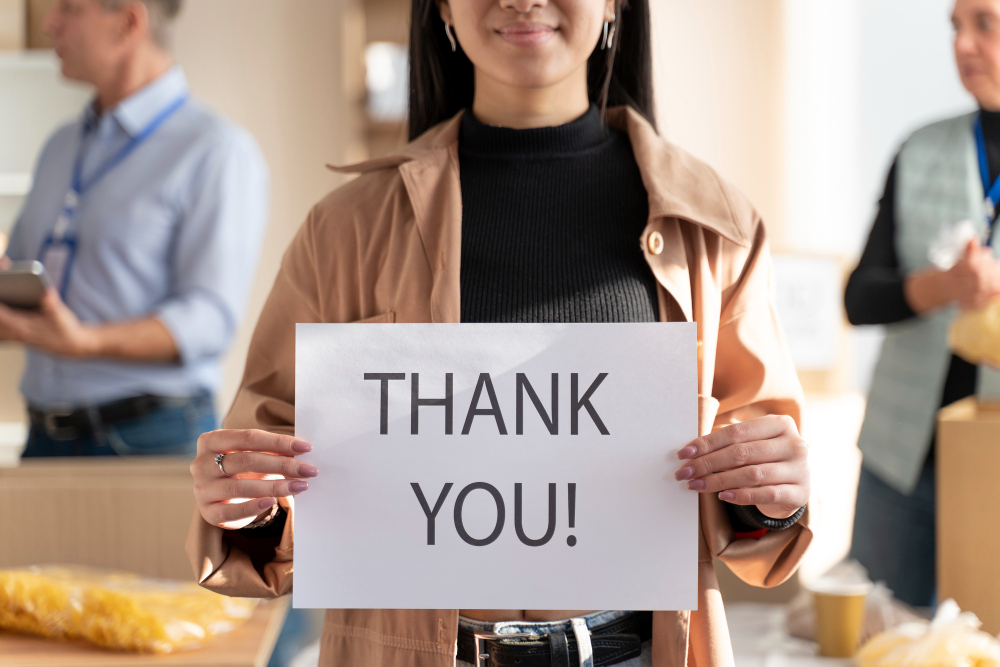
Greetings are fundamental in Korean culture, as they reflect respect and consideration for others.
When meeting someone for the first time or addressing an older person, it is essential to use honorific language.
Examples of Greetings:
- 안녕하세요? (Annyeonghaseyo?) – Hello
- 감사합니다. (Gamsahamnida.) – Thank you
- 죄송합니다. (Joesonghamnida.) – Sorry
- 안녕히 가세요/계세요. (Annyeonghi gaseyo/gyeseyo.) – Goodbye
Using honorifics may seem challenging initially, but most formal expressions can be made by adding “~요” at the end of sentences. For example, “주세요”, “괜찮아요”, and “도와주세요” are commonly used phrases.
2. Dining Etiquette
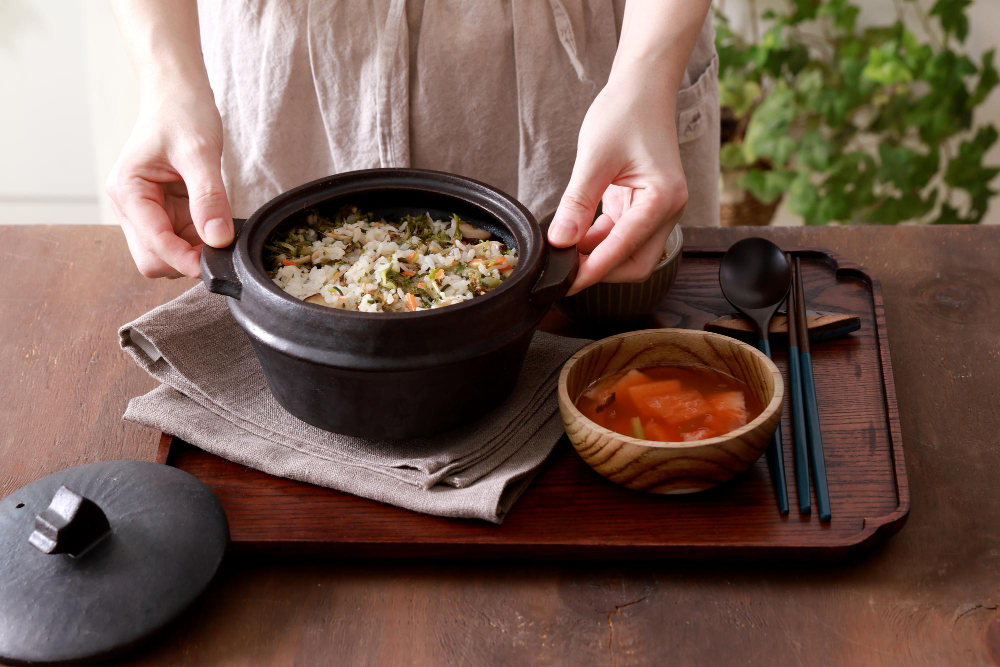
Meals in Korea are more than just food; they are a way to build relationships. Proper etiquette is crucial when dining with locals.
- Wait for the Elderly to Begin: It is customary to wait until the oldest person at the table starts eating.
- Use Separate Utensils for Shared Dishes: Korean meals often include communal side dishes. Always use serving utensils instead of personal chopsticks.
- Do Not Lift the Rice Bowl: Unlike some neighboring countries, lifting the rice bowl while eating is considered impolite. Use a spoon to eat rice from the table.
After the meal, saying “잘 먹었습니다” (jal meogeotseumnida), meaning “I ate well,” expresses gratitude.
3. Public Transportation Etiquette
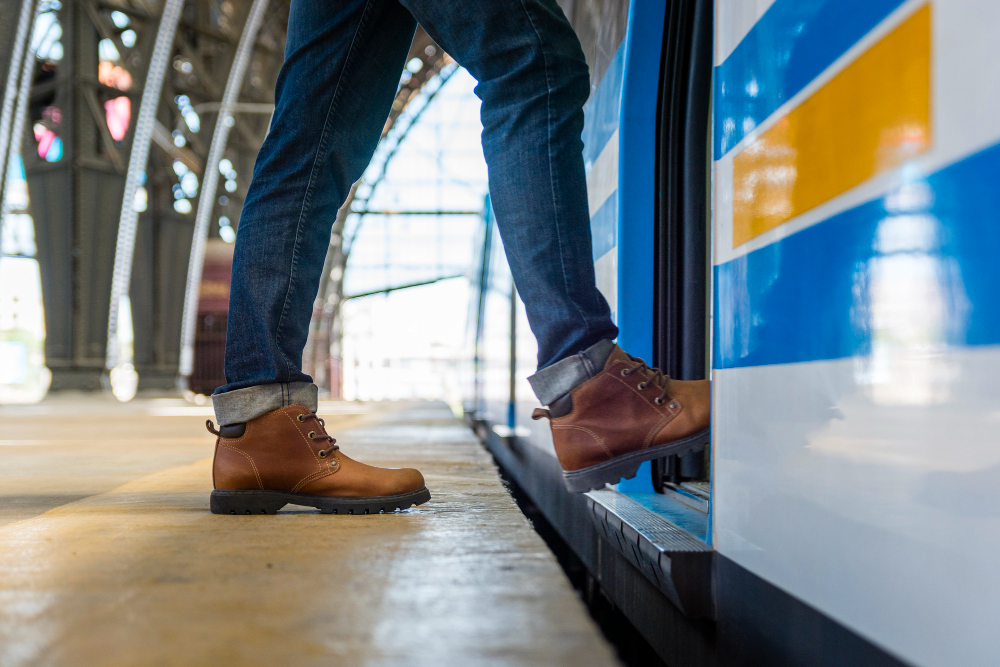
Korea’s public transportation system is efficient and clean. To use it respectfully, follow these rules:
- Keep Priority Seats Available: Designated seats for the elderly, pregnant women, and disabled individuals should be left empty unless you fall into one of these categories.
- Keep Noise Levels Low: Avoid loud conversations or phone calls on public transportation.
- Queue and Wait Patiently: Line up in designated areas and wait for passengers to exit before boarding.
Purchasing a T-money card is recommended, as it can be used on buses, subways, and taxis.
4. Public Space Etiquette
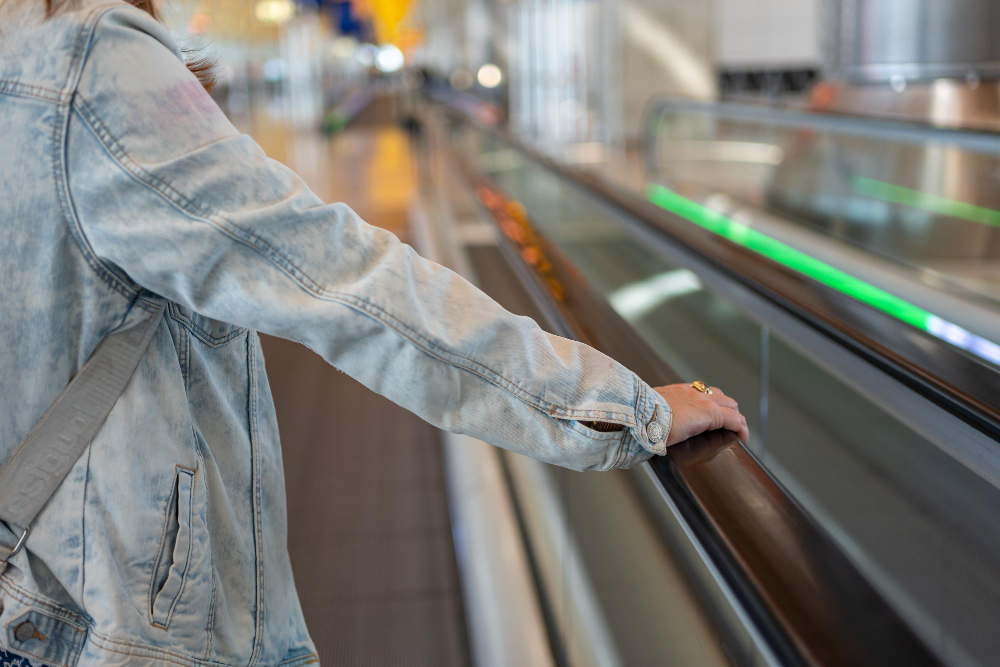
Consideration for others is essential in public spaces throughout Korea.
- Follow Recycling Guidelines: Korea has strict recycling policies. Separate waste into categories like general waste, food waste, plastics, and paper.
- Respect Personal Space: When taking photos in crowded places, always ask for permission if others might be captured.
- Escalator Rules: In most regions, stand on the right side and leave the left side open for those walking.
Demonstrating courtesy and mindfulness in public spaces leaves a positive impression on locals.
5. Respecting Traditional Culture
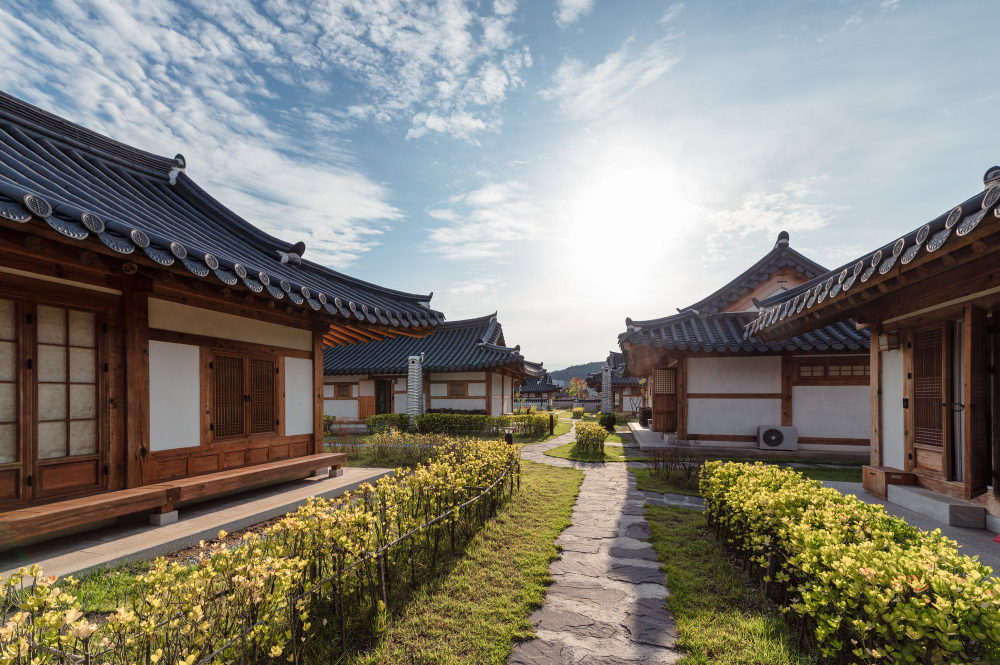
Korea takes pride in its cultural heritage, and visitors are expected to show respect at historical and cultural sites.
- Temple Etiquette: Speak quietly and remove hats before entering temple halls.
- Hanok Village Visits: When exploring traditional Korean villages, avoid touching fragile structures and maintain a quiet demeanor.
- Ancestral Rite Awareness: Koreans observe ancestral rites during specific holidays. Be respectful and avoid touching ritual items.
Embracing and respecting Korean traditions will enhance your travel experience.
Apply for K-ETA Before Your Trip
Understanding Korean etiquette will not only help you enjoy your trip but also create positive interactions with locals.
However, cultural preparation is not the only essential step.
You must also apply for K-ETA
K-ETA is a mandatory entry requirement for visitors from visa-free countries. Without it, you may be denied boarding or entry to Korea.
Apply well in advance to avoid complications.
Visit ETAPORTAL to apply for K-ETA and prepare for a culturally enriching and enjoyable journey to Korea.
